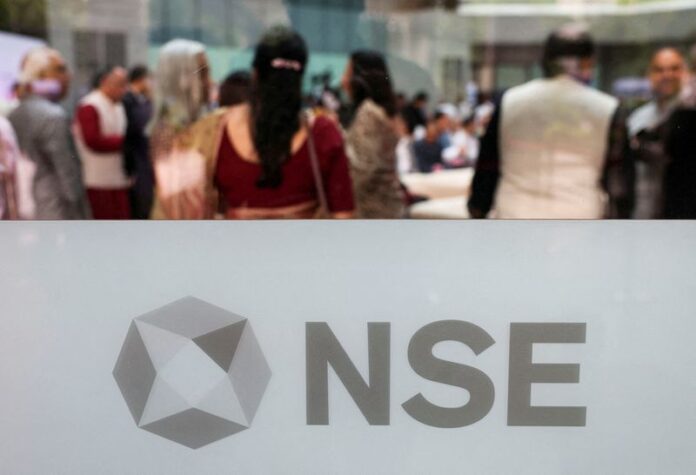NSE’s Landmark Settlement: A Step Towards IPO
The National Stock Exchange of India (NSE), the country’s largest bourse and a global leader in derivatives trading, is on the verge of a significant breakthrough in its long-standing legal battle with the Securities and Exchange Board of India (SEBI). The NSE has proposed a settlement of ₹13.88 billion (approximately $160 million) to resolve ongoing disputes, paving the way for its long-anticipated initial public offering (IPO).
Historical Context of the Dispute
The legal entanglement between the NSE and SEBI dates back to 2019, when the exchange was fined ₹11 billion for failing to provide equitable access to all its trading members. This penalty marked the beginning of a complex legal journey that has hindered the NSE’s plans to go public since 2016. The exchange’s attempts to list have been stymied by regulatory investigations and subsequent legal challenges, including a court ruling that set aside parts of SEBI’s original order, which the regulator later appealed.
The Proposed Settlement
The proposed settlement amount of ₹13.88 billion is poised to be the largest ever made with SEBI in India’s financial history. Sources indicate that negotiations for an out-of-court settlement are currently underway, with the expectation that SEBI will issue a no-objection certificate for the NSE’s IPO within three months. If all goes according to plan, the IPO could potentially hit the markets before May of the following year.
Implications for the NSE
The NSE’s IPO is not just a financial milestone; it represents a critical opportunity for some of its largest investors to exit. Among these investors are prominent entities such as the Life Insurance Corporation of India, which holds a 10.72% stake, and the State Bank of India, with a 7.76% stake. Other notable investors include Morgan Stanley and the Canada Pension Plan Investment Board, each holding around 1.6% of the exchange.
The successful completion of the IPO would not only enhance the NSE’s capital base but also bolster its competitive position against its main domestic rival, BSE Ltd, which successfully listed in 2017.
Regulatory Scrutiny and Future Steps
Before the no-objection certificate can be issued, SEBI is conducting a thorough inspection of the NSE’s systems and processes. Concerns raised by SEBI in February included issues related to management appointments, remuneration practices, and technology shortfalls. The resolution of these concerns is crucial for the NSE to regain regulatory confidence and move forward with its IPO plans.
The proposed settlement, if accepted, will also require approval from India’s top court, adding another layer of complexity to the process. The outcome of these legal and regulatory discussions will be closely monitored by market participants and investors alike.
Conclusion
The NSE’s proposed settlement with SEBI marks a pivotal moment in the exchange’s journey towards an IPO. As the largest settlement in the history of India’s markets regulator, it underscores the significance of regulatory compliance and the challenges faced by financial institutions in navigating complex legal landscapes. With the potential for a successful IPO on the horizon, the NSE is poised to solidify its position as a key player in the global financial markets, offering new opportunities for investors and stakeholders alike.

